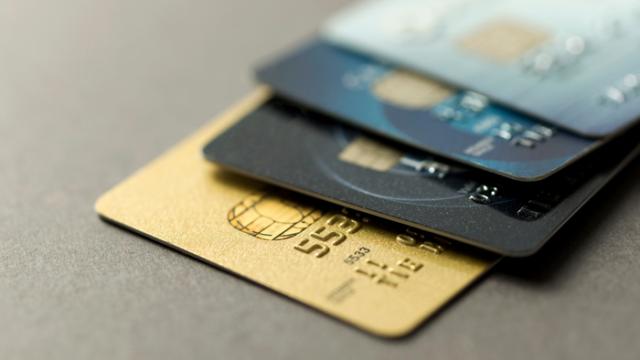The new financial year is unlike any most Australians have experienced before. The pandemic’s still hitting hard and there’s an ongoing recession to get through. Having said that, some of us might be able to take advantage of the resulting low cash rates to sort out our finances.
It’s been around a month since Treasurer Josh Frydenberg confirmed that the country had gone into a recession. Since then, the Reserve Bank of Australia has continued its plan to retain the cash rate at 0.25 per cent until the country moves closer towards full employment and inflation.
Generally, this record-low rate is good news for those with loans or others intending to take out credit. However, people who relying on interest for their income are heavily missing out.
With the new fiscal year starting in an uncertain economy, planning ahead and protecting your finances could be a timely move.
Home loans
With the home loan interest rate war at full throttle, rates are plunging to unprecedented levels. Owner-occupiers in Tasmania are able to access interest rates below 2 per cent. Those residing elsewhere can also expect to see plenty of interest rates starting with a the 2 per cent mark.
If you’re looking to buy property in a softening market, or take advantage of low interest rates by refinancing, here are some of the lowest interest rates for owner-occupiers and investors on the RateCity database.
Owner-occupier home loans</h3
- Bank of Us FlexiDiscount Home Loan – fixed 3 years at 1.99% (comparison rate 2.64%) – for residents of Tasmania only
- HomeStar Star Essentials Home Loan – fixed 2 years at 2.06% (comparison rate 2.38%)
- HSBC Fixed Rate Loan – fixed 2 years at 2.09% (comparison rate 2.98%)
- Greater Bank Great Rate – fixed 1 year at 2.09% (comparison rate 3.53%)
Note: data accurate as at July 9, 2020.
Investor home loans
- Ubank Investor Fixed Rate – fixed 3 years at 2.29% (comparison rate 2.82%)
- Health Professionals Bank Fixed Rate Investor Home Loan – fixed 3 years at 2.34% (comparison rate 3.88%)
- Well Home Loans Well Balanced – fixed 2 years at 2.39% (comparison rate 2.78%)
- Freedom Lend Freedom Fixed – fixed 2 years at 2.39% (comparison rate 2.96%)
Note: data accurate as at July 9, 2020.
Personal loans
Many people prefer to pay down debt and refrain from taking out further credit in uncertain times. But a personal loan may be an option to consolidate existing debt. For others who are fortunate enough to be less affected by COVID-19, major plans that may have been delayed, such as a home renovation or further education, could possibly be back on the cards with more time spent at home.
- Australian Military Bank‘s Green Loan at a variable rate of 3.15% (comparison rate 4.10%) – can borrow $4,000 to $40,000
- Endeavour Mutual Bank’s Term Deposit Secured Loan at a variable rate of 4.45% (comparison rate 4.65%) – borrow $1,000 to $80,000
- Coastline Credit Union’s Personal Loan Secured with Fixed Term Deposit at a variable rate of 4.61% (comparison rate 5.96%) – borrow $5,000 to $200,000
- Community First Credit Union’s Mortgage Secured Overdraft at a variable rate of 4.64% (comparison rate 4.91%) – maximum limit of $15,000
Note: data accurate as at July 9, 2020.
Credit cards
Credit card debt may seem to be a problem that keeps coming back for some people. If this is you, perhaps it’s a good time to review your credit card purchase rate and annual fees. While the average credit card rate on RateCity is 16.65 per cent, there are lower rate options out there for those concerned about their credit card debt.
If you’re fed up with paying fees, you could consider switching to a credit card with a zero or very low annual fees. There are 30 credit cards on RateCity’s database that charge no annual fees, with others averaging at $132.60 as of June 30.
- G&C Mutual Bank Low Rate Visa Credit Card at 7.49 per cent, which has 50 interest-free days and charges an annual fee of $50.
- Auswide Bank Low Rate Visa Card at 8.20 per cent, with 55 interest-free days and an annual fee of $50. The fee may be waived if you’re 25 years old or younger.
- American Express Low Rate Credit Card at 8.99 per cent, with 55 interest-free days and no interest fee.
- Community First Credit Union Low Rate Credit Card at 8.99 per cent, with 55 interest-free days and a $40 annual fee.
Note: data accurate as at July 9, 2020.
Disclaimer: This article contains general information only and is not intended to be used as personal advice.

Leave a Reply
You must be logged in to post a comment.